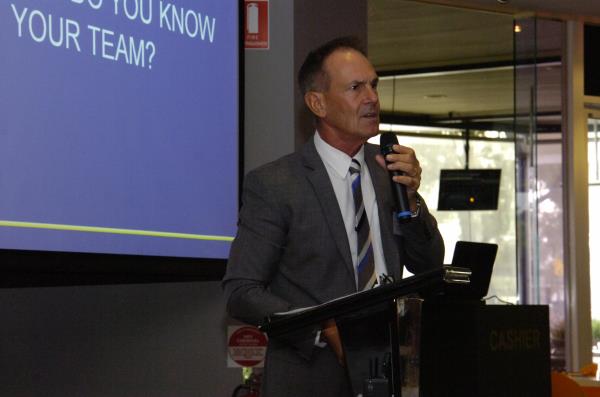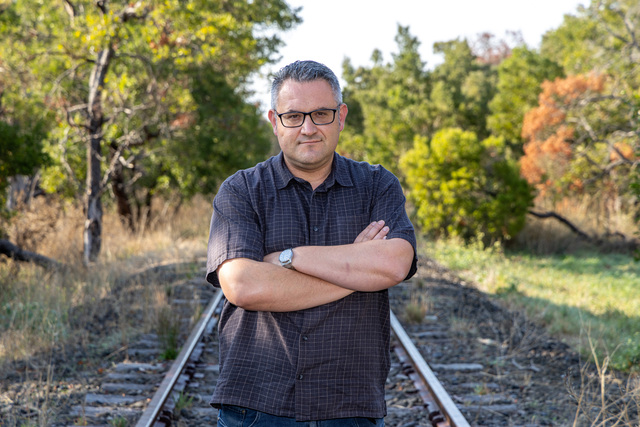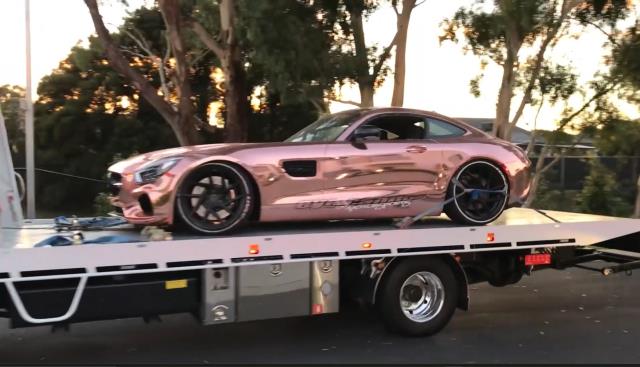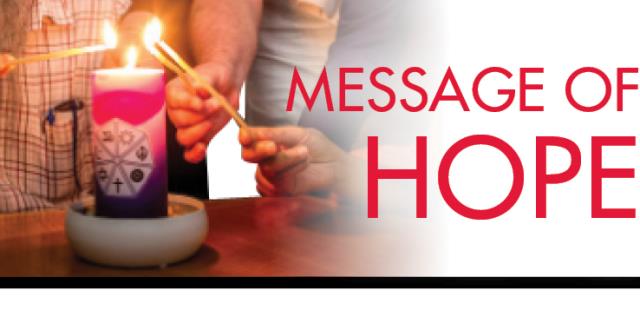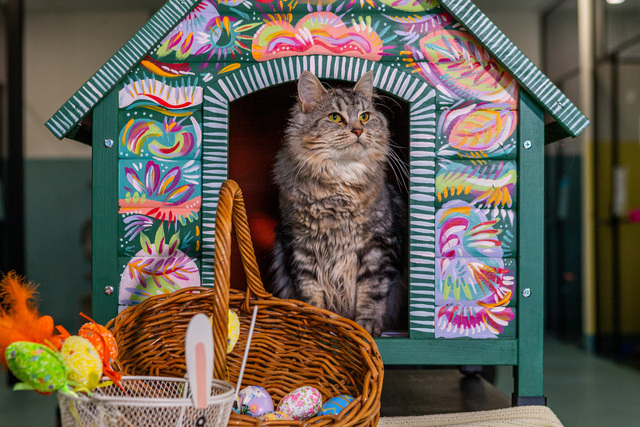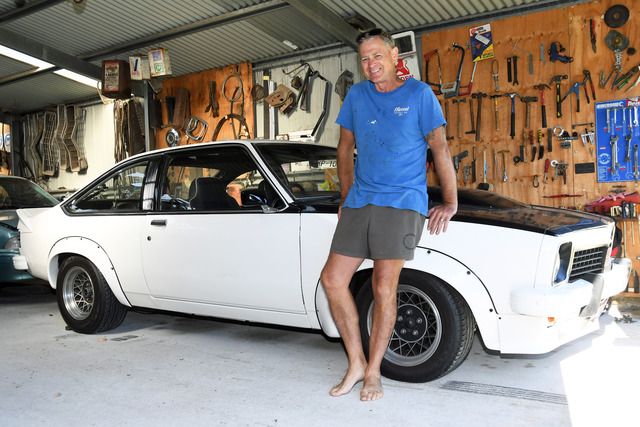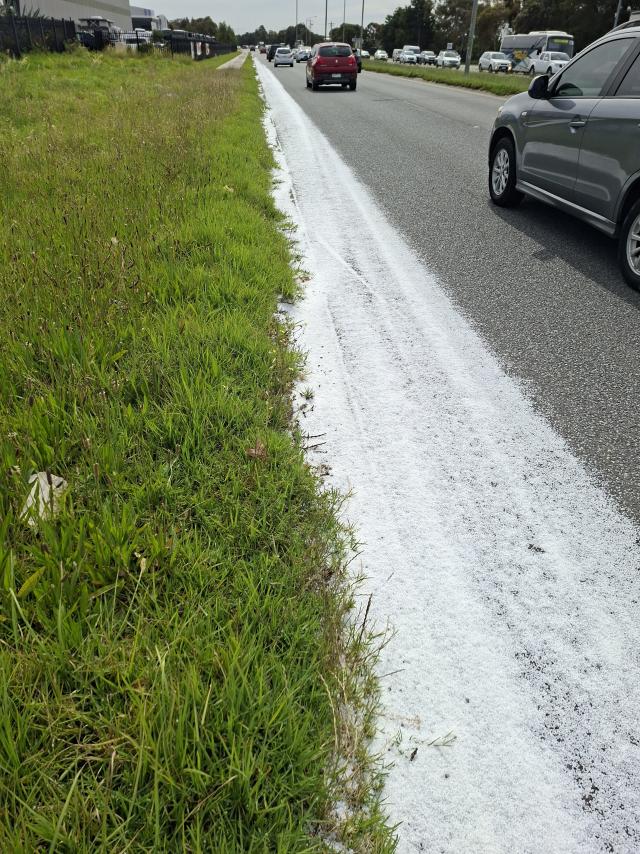By CASEY NEILL
“TERRY Wallace needs no introduction, so he’s not gonna get one. Terry Wallace, please come forward.”
And with that invitation to the podium from MC James Sturgess, the former AFL player and coach and guest speaker kicked off his presentation.
Wallace had just turned 19 when a third AFL club told him he wasn’t good enough to play at the elite level.
Seven months later he played his best game of the year pitted against two Brownlow medallists to secure a premiership medal.
“That’s how quickly things can turn around,” he said.
Wallace was the inaugural state sales manager for Sky Channel for nine years during his playing career.
He told the breakfast it was “a crap product” but he had to convince pubs and clubs to pay $250 a week for it.
“We had to think outside the square,” he said.
“What we ended up doing was selling Kerry Packer.”
He’d just purchased the satellite network and was bound to make improvements, Wallace told customers.
“We didn’t sell them a product. We sold them a dream,” he said.
Wallace left sales after nine years, landing a full-time footy role coaching the Bulldogs in 1996.
They went from 15th on the ladder to third in his first full year at the helm.
He decided not to follow other clubs into the 1997 season mimicking 1996 flag-winner North Melbourne’s tactic of slowly building its season and peaking in September.
His side started summer “at a million miles an hour” and won seven of its first eight games.
“Our confidence was up,” he said.
“When a team wins a premiership it’s follow the leader.
“If you follow the leader then how are you going to catch them?”
Wallace encouraged breakfast guests to think about how to get to number one or stay there.
He said most scores in AFL games used to come from stoppages.
“Hawthorn was not a good stoppage team,” he said.
So instead of trying to win the contest, they set up a zone the other team couldn’t get through once it got the ball.
“Within eight months they won a premiership,” Wallace said.
Now most scores come from turnovers.
“They out-thought the rest of the competition,” he said.
“Now someone will out-think them.”

